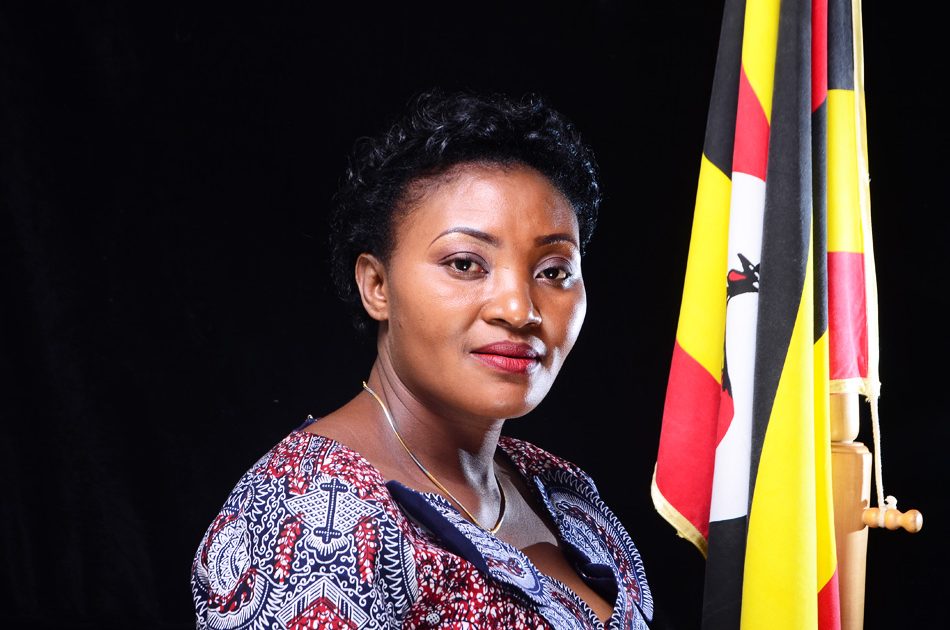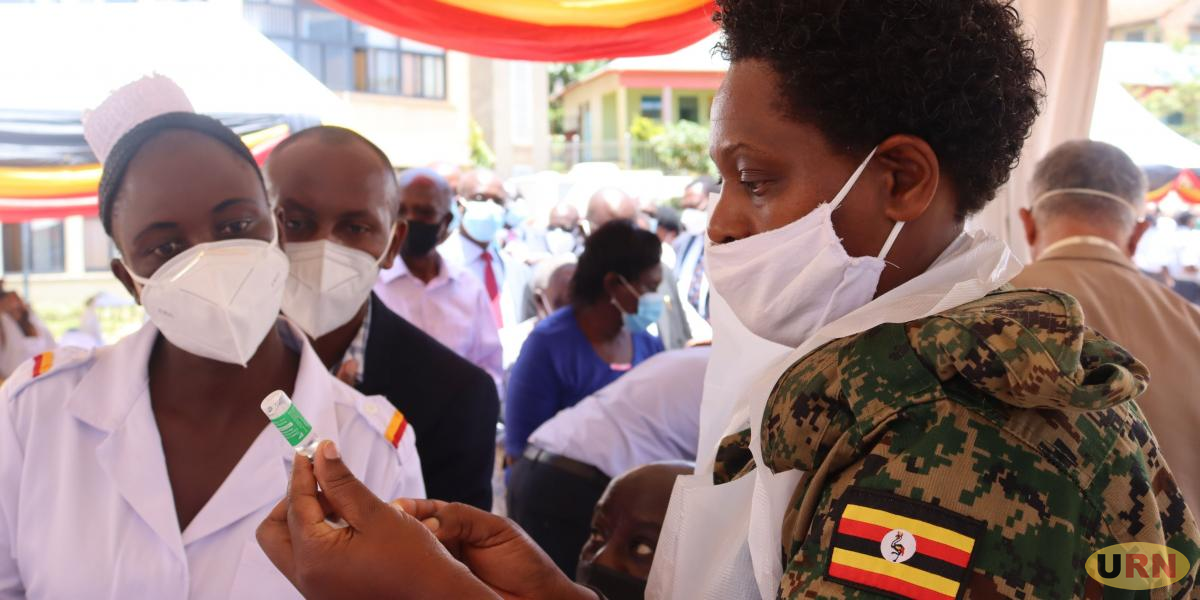Uganda’s Leader of Opposition in Parliament (LoP) Winnie Kiiza and Kyadondo East lawmaker Robert Kyagulanyi aka Bobi Wine are among the country’s top legislators who opposed the now controversial social media tax bill.
The new law which came into effect on Sunday imposes a mandatory Shs200 daily levy for social media users starting while mobile money transactions now attract a one per cent levy on the total value of transaction.
In May, debate on tax on social media faced stiff resistance from younger MPs with Bobi Wine, dismissing it as double taxation.
He was supported by Padyere County’s Joshua Anywarach, and Silas Aogon of Kumi Municipality.
The youthful MPs argued that since WhatsApp is accessed through already taxed airtime, another levy would be an infringement on the users’ rights.
But junior Planning minister David Bahati rejected the assertion that government is taxing data or internet, saying it is only the service being taxed. He said with only Shs200 charge per a day, each consistent WhatsApp user will pay only Shs73,000 in one year.
But the Excise Duty (Amendment) Act, 2018, also extends to the kitchen, with cooking oil facing a Shs200 levy per litre.
This pushed more MPs to put up more spirited counter arguments against the new taxes, arguing they would break the backs of ordinary Ugandans. But no amount of resistance from the MPs would defeat the backers of the Bills.
Winnie Kiiza (FDC, Kasese), together with Kasanda North MP Patrick Nsamba (NRM), Ms Monicah Amoding (NRM, Kumi), and Justine Kayinza (NRM, Bududa), all laboured in vain to sway the House to resist the taxes.
“It is very easy for an MP to say that one per cent is little money, but to people who earn less than a dollar a day, it is going to break their backs,” Mr Nsamba said.
Ms Kayinza argued that rather than taxing citizens on mobile money, the government should direct its efforts on strengthening the country’s border points, to enable the Uganda Revenue Authority collect enough revenues.
The Leader of Opposition said the government should consider reducing the numerous tax waivers and have huge producers pay tax rather than ordinary consumers of services.
“We need the taxes but from who? Many people are getting tax exemptions, now we are targeting the poor,” she argued.
On her part, Ms Cecilia Ogwal (FDC, Dokolo) said the tax on cooking oil will not only split families, but also kick women out of businesses.
She warned that whereas women will feel the immediate pinch, the ultimate pain will be suffered by the men who will face divorce as the women abandon cooking.
Meanwhile, Mr Henry Musasizi (NRM- Rubanda East), the chairperson of the Committee on Finance, and his counterpart of the Budget Committee Amos Lugoloobi (NRM, Ntenjeru North) urged Parliament to support the tax proposals.
Mr Musasizi said the financial inclusion strategy rolled out by the government six months ago targets banks, mobile money, agency banking and Saccos as key revenue sources.
The only source for government to raise money for social services, the MPs argued, is through taxation.
Mr Musasizi’s position was echoed by Mr Bahati, who argued that tax is a contribution to national development and not a punishment.
“The appetite for good services must be backed by measures to support them,” Mr Bahati said.
On his part, Deputy Speaker Jacob Oulanyah asked the MPs to prioritise sound policies and not cling to populist positions that only break the economy.
“The fundamental question is, is it okay to have monetary transactions worth trillions going on within this country without being taxed?” he asked.
Mr Oulanyah said it would be proper for the MPs to point out concerns such as the cost of transaction services for agreeable amounts rather than objecting to the tax.
Other MPs who endorsed the move by government on more taxation included Aruu County MP Odonga Otto (FDC), Kyankwanzi Woman MP Ann Maria Nankabirwa (NRM) and Katikamu North MP Abraham Byandala (NRM).





